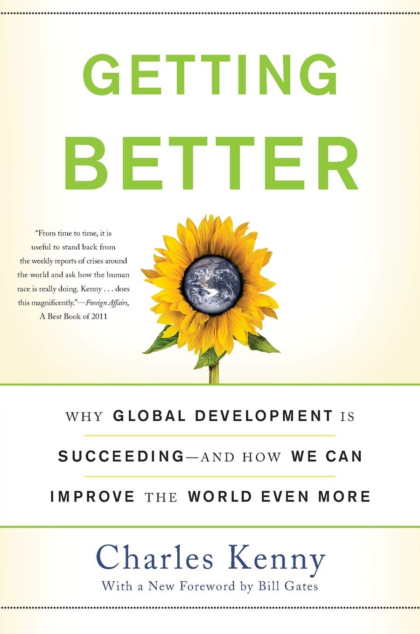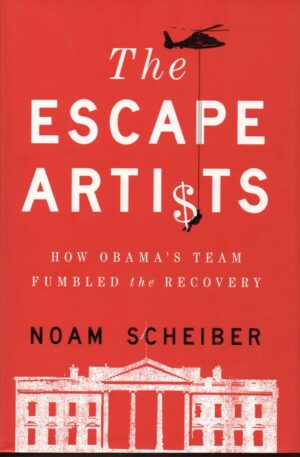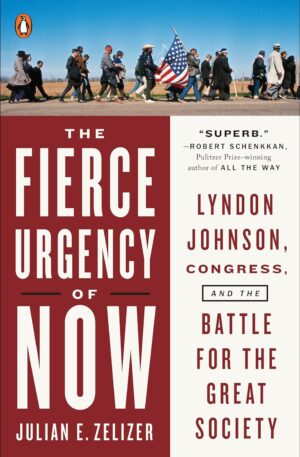As the income gap between developed and developing nations grows, so grows the cacophony of voices claiming that the quest to find a simple recipe for economic growth has failed. Getting Better, in sharp contrast, reports the good news about global progress. Economist Charles Kenny argues against development naysayers by pointing to the evidence of widespread improvements in health, education, peace, liberty—and even happiness.
Kenny shows how the spread of cheap technologies, such as vaccines and bed nets, and ideas, such as political rights, has transformed the world. He also shows that by understanding this transformation, we can make the world an even better place to live.
That’s not to say that life is grand for everyone, or that we don’t have a long way to go. But improvements have spread far, and, according to Kenny, they can spread even further.
This book is an important and welcome counterweight to much of the doom and gloom that pervades popular and policy discussions about Africa.








